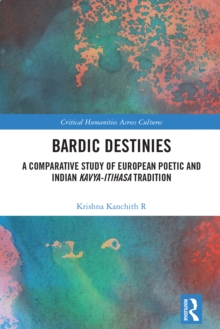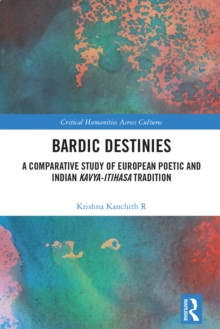
Sites of Learning and Practical Knowledge : Against Normativity PDF
by Vivek Dhareshwar
Part of the Critical Humanities Across Cultures series
Description
This book examines the relationship between cultural difference and practical knowledge and its implications for the study of humanities and the social sciences.
It sketches a meta-theory of Western thought to grasp the conceptual distortions that result when a normatively structured theoretical way of understanding the world seeks to displace practical forms of understanding. The book draws on both Western thinkers such as Nietzsche, Marx, Wittgenstein and Foucault and Indian thinkers such as Gandhi, Tagore and Balagangadhara to formulate a practical epistemology that delimits theoretical knowledge by regenerating experiential knowledge that was the hallmark of Indian intellectual traditions and provides the intellectual resources for rejecting normativity. By thus preparing the ground for a radical reconceptualization of the human sciences it seeks to overcome the loss of concepts and the violence generated by the grafting of ill-understood and experience-occluding normative conceptual structures on the fabric of practical life. Finally, the author offers an alternative conceptualization of Indian sociality through the idea of a practitional matrix, which explains both why the West necessarily misunderstood or misdescribed India and how that misdescription enables us to theorize the West.
Part of Critical Humanities across Cultures series, this book will be an essential read for scholars and researchers of philosophy, anthropology, sociology, religious studies, post-colonial studies, cultural studies, Indian studies and literature.
Information
-
Download - Immediately Available
- Format:PDF
- Pages:208 pages
- Publisher:Taylor & Francis
- Publication Date:10/11/2023
- Category:
- ISBN:9781000997378
Other Formats
- EPUB from £35.99
- Hardback from £135.00
Information
-
Download - Immediately Available
- Format:PDF
- Pages:208 pages
- Publisher:Taylor & Francis
- Publication Date:10/11/2023
- Category:
- ISBN:9781000997378










